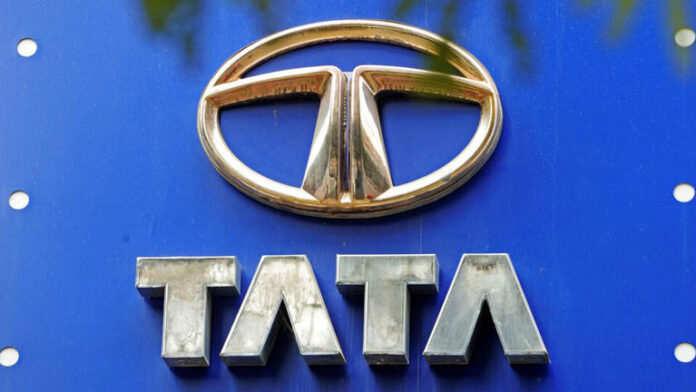Tata Motors Ltd will lay the foundation stone for the Jaguar Land Rover manufacturing unit in Tamil Nadu by September, according to a report by Business Standard. This will be the first time that a premium vehicle will be manufactured completely in India. The unit will become fully operational by late 2025 or early 2026, BS reported, citing unnamed sources.
The company has collaborated with the government of Tamil Nadu and finalised over 400 acres of land near Panapakkam in Ranipet district. The advantage of the location is its proximity to the Chennai and Ennore ports.
Jaguar Land Rover will be manufacturing only EVs whereas Tata Motors will be producing an extensive range of vehicles including hybrids in the Tamil Nadu plants, according to other media reports.
In terms of components supply, Tata Motors will most likely use the supply ecosystem of Hyundai Motor India (HMIL) and Renault Nissan Automotive India, and will also utilize some of its own suppliers. The state government will provide the ecosystem, according to the original equipment manufacturers (OEMs) and vendors, the Business Standard report said.
A standard greenfield project in this sector will most likely take 12-18 months to be commissioned. According to this thumb rule, this project is likely to be completed by late 2025 or early 2026, the report said, citing sources.
The manufacturing unit is expected to be a connecting link in the ₹18,000 crore Chennai-Bengaluru Industrial Corridor, one of the five upcoming mega-industrial corridors in India, the report added. The Bengaluru-Chennai expressway and Bengaluru-Chennai Dedicated Freight Corridor are two major infrastructure projects expected to increase connectivity along the corridor.
Presently Jaguar Land Rover’s manufacturing unit in Pune assembles completely knocked-down (CKD) units of the Range Rover Velar, Range Rover Sport, Evoque, Jaguar F-PACE, and the Land Rover Discovery Sport.
In March, the company in a regulatory filing it signed an MoU with a Tamil Nadu government undertaking for an investment of around ₹9,000 crore over the next five years. It is estimated to help create up to 5,000 direct and indirect jobs, according to a Mint report on March 13.














































